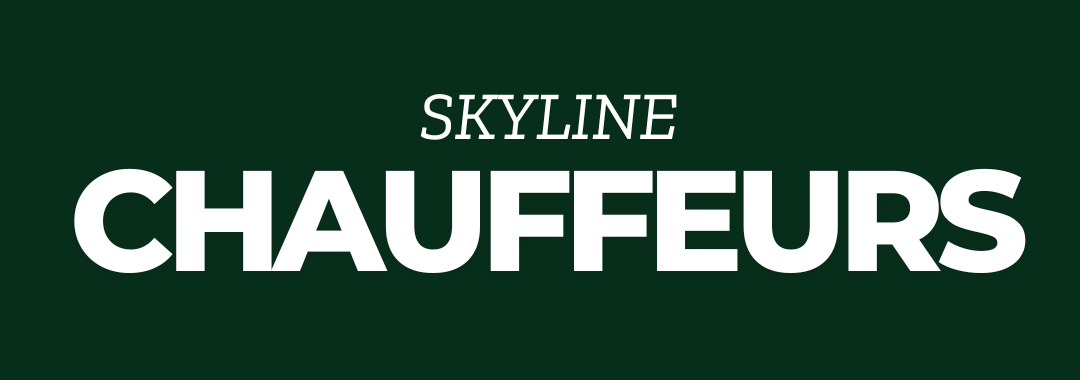Just think how often you need to talk about dates on an average day, whether it’s booking a restaurant, telling someone your birthday or identifying which day a public holiday falls on so that you can avoid the traffic! Being able to tell the date is one of the most important things to know (and not least because it’s a great way to help you practice your tenses!).
Because we talk about dates so often, it tends to come easy to us, even if it involves juggling lots of months and numbers. Unfortunately, telling the date in French isn’t simply a matter of translating how you would tell the date in your first language directly into French, as the French language has its own particular conventions. So let’s take a look at them.
First, let’s brush up on our months and numbers
Months
January – janvier
February – février
March – mars
April – avril
May – mai
June – juin
July – juillet
August – août
September – septembre
October – octobre
November – novembre
December – décembre
Easy enough — just watch out for the accents in ‘décembre’ and ‘août’. ‘Août’ is sometimes written with a circumflex and sometimes without, since the Académie Française declared in 1990 that the accent is no longer obligatory. Another thing to remember is that French months aren’t capitalised, as English months are, unless they are the first word of the sentence.
Numbers
There are at most 31 days in a month, but if you want to talk about the year, you’ll need to be able to count up to your thousands. When we say 2022 in English we often say ‘twenty twenty-two’, but in French you would have to say ‘two thousand and twenty-two’ – that is, ‘deux mille vingt-deux’.



